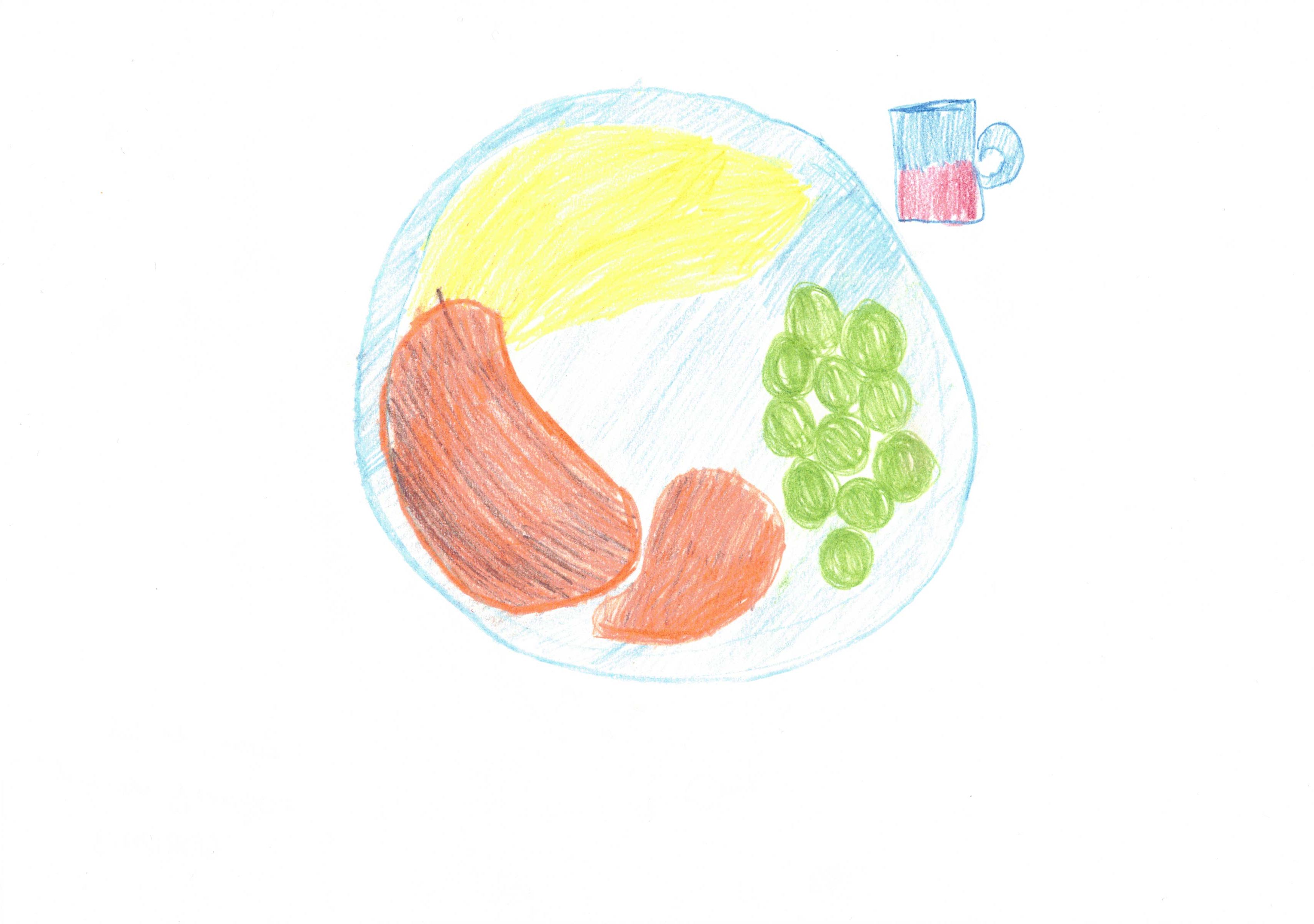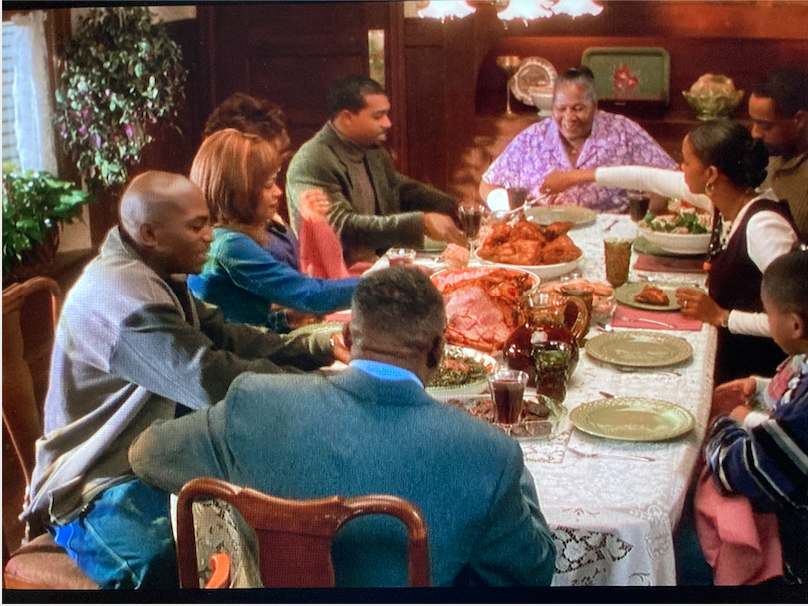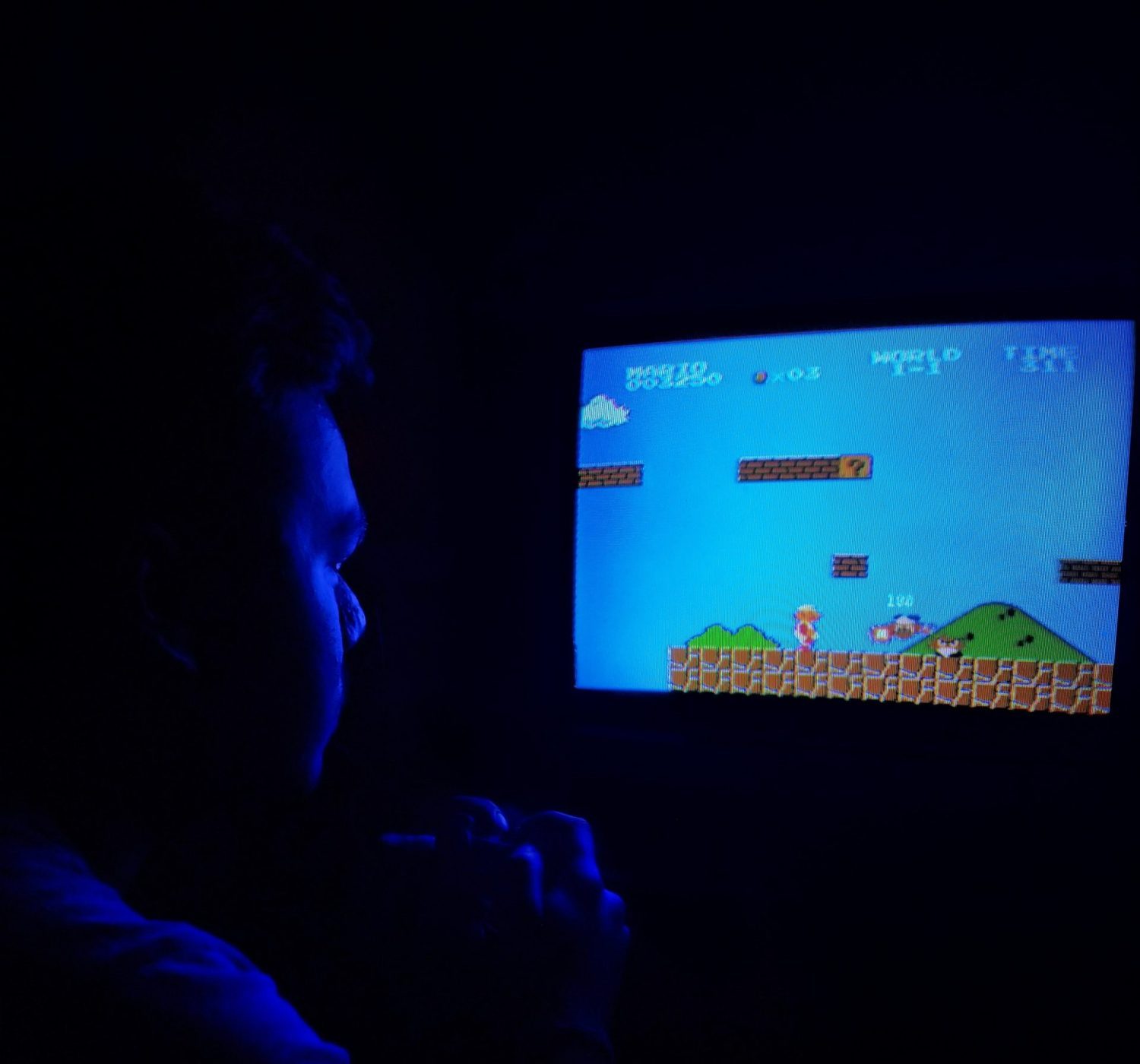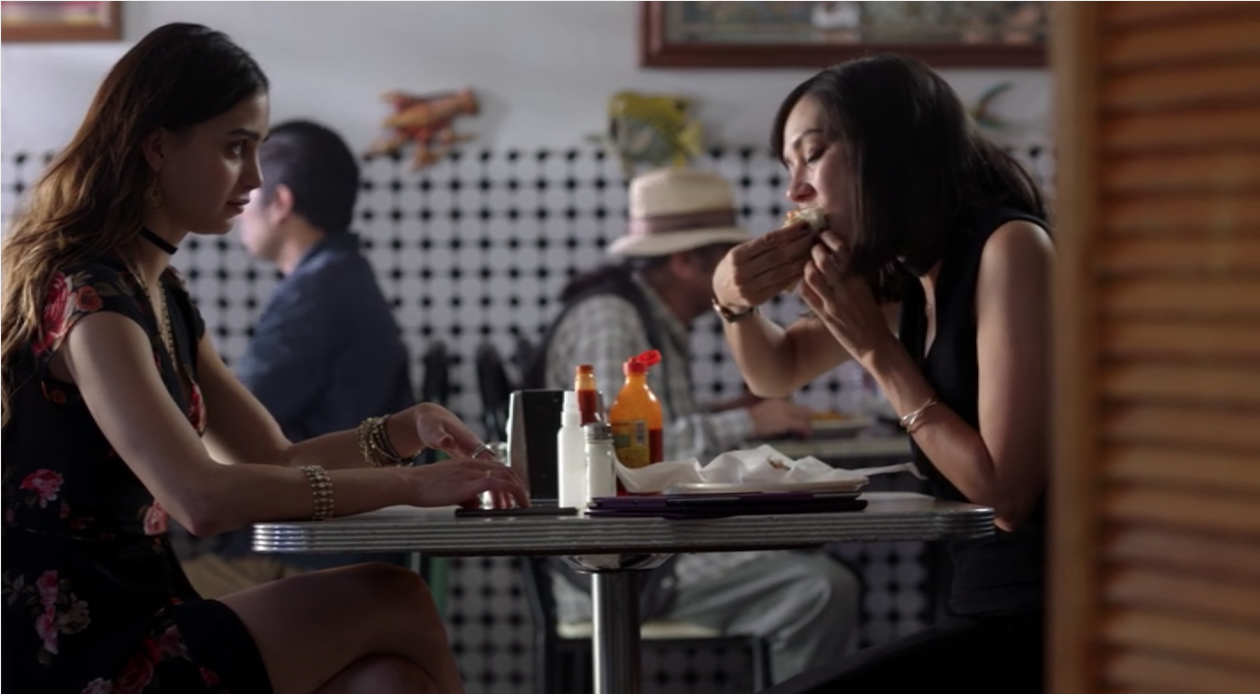The Politics of Children’s Food (and Mothers’ Feeding)

Food is one of the most common and intimate ways of expressing care, which is particularly evident in how adults relate to children. Feeding children is a biological act filled with cultural meanings and expectations, an expression of love and care. But do we, perhaps, care too much about children’s food? During my ethnographic research on the politics of children’s food in Poland, one of the participating fathers told me: “When I was at the food market the other day, I saw a mother with her 2-year-old child in a stroller, and that child was holding in her hand a huge Snickers bar and eating it. A 2-year-old child! It’s sometimes outrageous what people give their children to eat, how…



